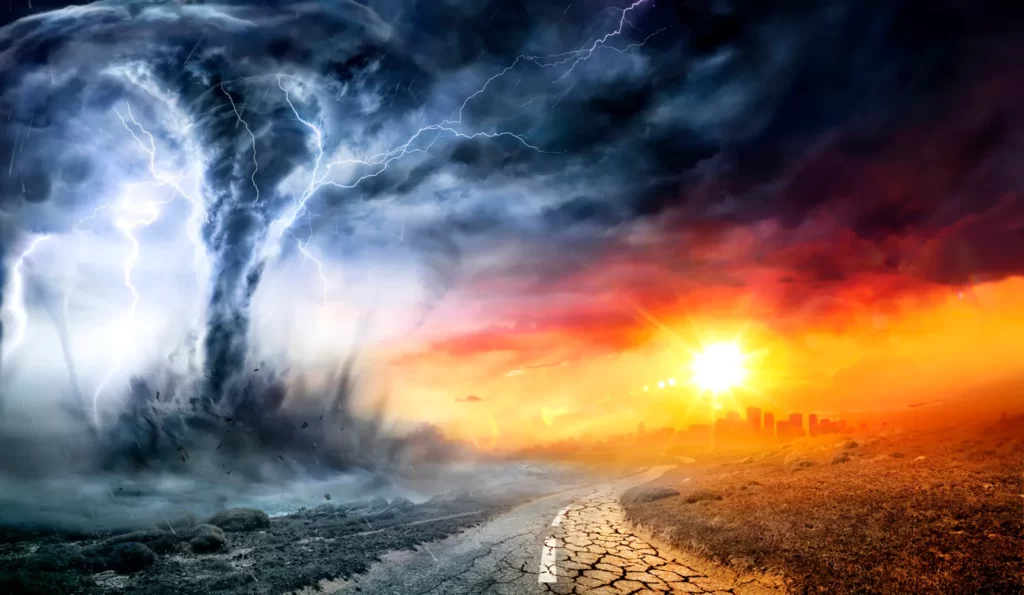Scientists are once again expressing concern about the destructive impact of climate change on the Earth, warning that the planet’s rapidly changing conditions may lead to a catastrophic global disaster by the end of the century.
Scientists have been consistently warning about the consequences of increasing global temperatures due to human activities that release greenhouse gases into the atmosphere. “Unfortunately, time is up.”
The study revealed that in 2023, there were numerous extreme climate events that broke records by a significant margin. The authors highlighted the exceptionally active Canadian wildfire season as a potential indication of a new and concerning trend.
The study and its Scientists argue that both the fossil fuel industry and the government representatives who support them are responsible for the worsening climate crisis. They claim that fossil fuel subsidies have increased significantly, reaching over $1 trillion in the United States alone between 2021 and 2022.
In order to prevent further catastrophe before the end of the 21st century, we need to change our view of the climate emergency as a separate environmental problem and recognize it as a larger, existential threat. This shift requires transitioning away from fossil fuels and addressing the excessive consumption of the wealthy.
Reference- The Guardian, Futurism, Journal BioScience, BBC, Harvard T.H. CHAN
